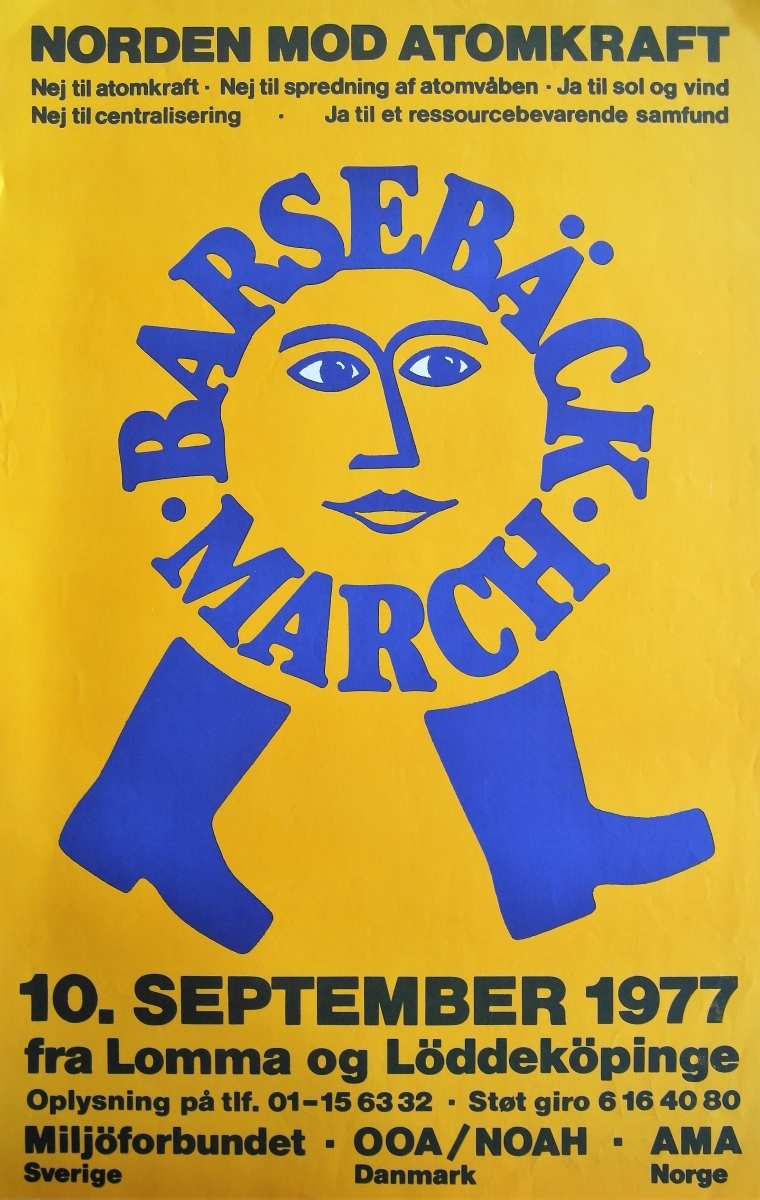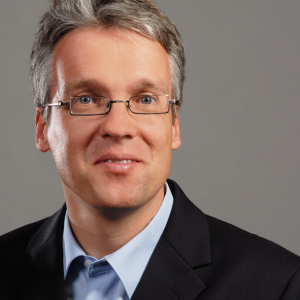Compleated associated research project
Why is nuclear energy perceived so very differently in different European countries? Why was nuclear energy widely perceived as a panacea for all energy problems of the future in the 1950s? Why did perceptions change so radically in the 1970s, when nuclear seemed the epitome of technological hubris, technocracy and a great threat to the environment, human health and society – an unacceptable risk? Which role did varying relations between the nuclear sector and society, and societal engagement with nuclear power – including public debates and protests – play in bringing about this change?
The Danish experience is an excellent case in point. Since the 1950s, Denmark undertook great research efforts in developing nuclear technology at the newy founded Risø nuclear research centre. However, Denmark never actually built nuclear power plants. The public debates on energy in the wake of the oil crisis, a well-organised anti-nuclear movement and a fragmented party system contributed to a parliamentary decision in 1985 – well before Chernobyl – to stop planning for nuclear power. However, societal protest against nuclear power continued, and was directed transnationally against the Swedish nuclear power plant Barsebäck, at a 20 kms distance to Copenhagen.
This research was part of the cooperative interdisciplinary Horizon 2020 project HoNESt – History o Nuclear Energy and Society. The ZZF hosted HoNESt researchers for their authors’ workshop in November 2018.
A number of publications and events emerged from this research: a case study on the Danish experience of nuclear energy and society (vol. 3 of Deutsches Museum Studies), a special issue on „Siting at the Border“ of Journal for the History of Environment and Society (Volume 3-2018), comparing transnational conflict and cooperation in four border European border regions. I am one of the editors of „Engaging the Atom. The History of Nuclear Energy and Society in Europe from the 1950s to the Present” to appear in 2020 with University of West Virginia Press in the Energy in Society series, edited by Brian Black. In conjunction with the Heinrich-Böll-Foundation, a conference and a subsequent workshop were held on the political consequences of Chernobyl.


